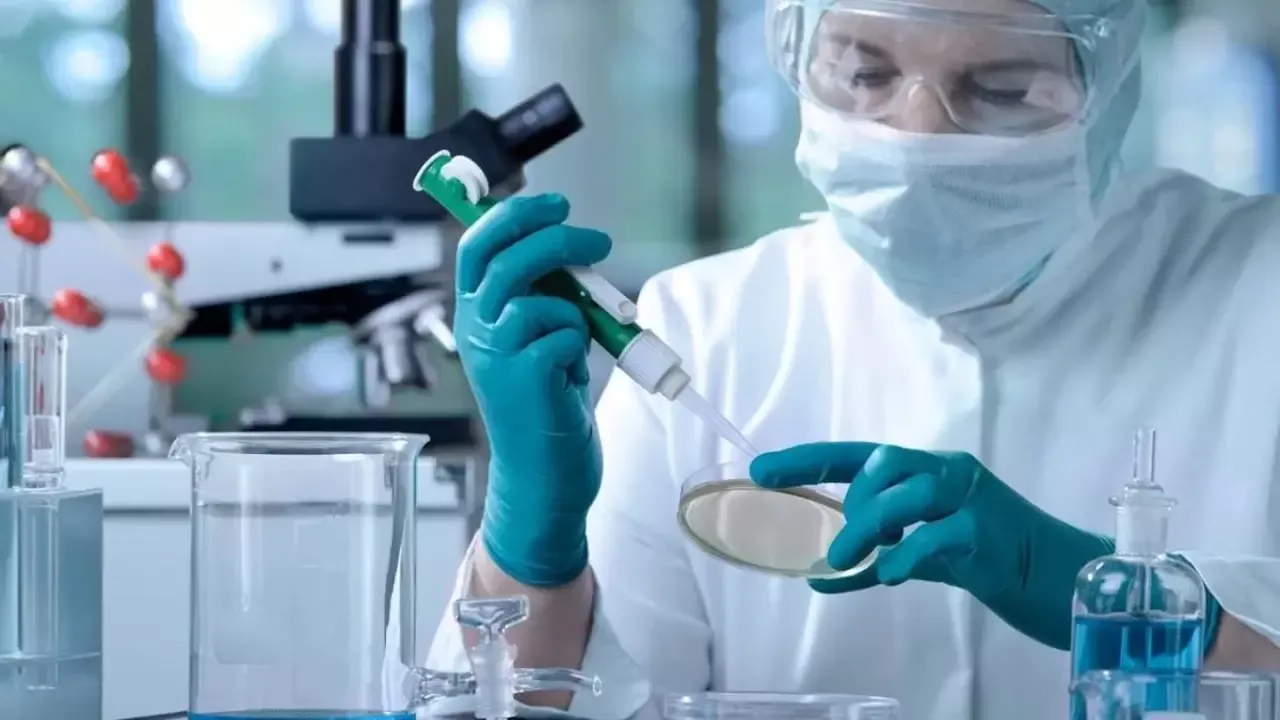Universal vaccine against cancer and new life technology

Recently, significant developments have occurred in the fields of biology and genetics. This was reported by Zamin.uz.
The most important among them are the creation of a universal vaccine against cancer and the development of a new technology called “mirror life.” Liam Chitayat, a graduate student at the Massachusetts Institute of Technology, and Kate Adamala, an associate professor at the University of Minnesota, published an extensive article on this topic in the American Foreign Affairs journal.
The article emphasizes that biological life is a complex, unique system based on precise laws and rules. In current organisms, proteins are mainly composed of left-handed amino acids, and DNA consists of right-handed sugars.
“Mirror life” or reverse life form means the creation of molecular components in a completely reversed state. Researchers warn that such organisms can easily evade the immune system.
This could lead to the emergence of new, untreatable infections. It is noted that there is no natural mechanism to control such reverse cells, and existing antibiotics are likely ineffective against their structure.
Thus, if such synthetic organisms arise accidentally or intentionally, they could bypass human biological defenses, resist treatment, and disrupt ecological balance. Additionally, “mirror life” could change human understanding of nature and evolution.
This technology offers the opportunity to better understand how life evolved on Earth and the forms of life on other planets in the Solar System. However, experts recommend taking precautions considering the potential future risks of such innovations.
According to experts, these scientific discoveries could open new evolutionary stages for humanity. At the same time, strict adherence to ethical and safety regulations in the use of innovations is essential.
This is crucial to ensure the safety of humans, animals, and the natural environment.







